A few years ago, we implemented a three-phased model to guide and structure the treatment experience at Mountain Valley. The purpose of this restructuring was twofold:
- To improve the fidelity of the care we provide by delivering Exposure and Response Prevention (ERP) therapy — and other core therapeutic content — through an evidence-based, standardized process.
- To create a therapeutic narrative with a clear “beginning, middle, and end” that helps guide residents, their families, and our care team as they navigate the often unpredictable journey of treatment.
To support this second goal, we chose Joseph Campbell’s “Hero’s Journey” as the framework for our therapeutic narrative. The Hero’s Journey naturally reflects so much of what Mountain Valley is about: stepping outside of your comfort zone into the unknown, confronting challenges and fears head-on, and emerging from that process as a more integrated and actualized version of yourself. This arc mirrors both the practical process of exposure therapy and the profound transformation we witness in the young people who complete our program.
As the primary creator of this three-phased model based on Campbell’s framework, I see this heroic journey unfolding in each resident’s experience. But rarely do I hear it reflected back to me so clearly by residents or their families.
At a recent graduation ceremony, I was fortunate enough to experience exactly that. A father, seated beside his wife and daughter and across the room from his son on graduation day, stood to deliver a heartfelt speech. With tears in his eyes, a lump in his throat, and his family’s arms around him, he spoke about the Hero’s Journey his son had been on.
His words were deeply validating — he so eloquently articulated the parallels between his son’s process and the journey Campbell described. But more than that, his speech was profoundly moving. To witness a father express to his son that he truly is the hero he always believed he could become is something difficult to put into words.
So rather than attempt to describe it further, we’re honored to share his speech here — with his permission — so that others, too, can bear witness to the life-changing transformations that take place within the Mountain Valley community.
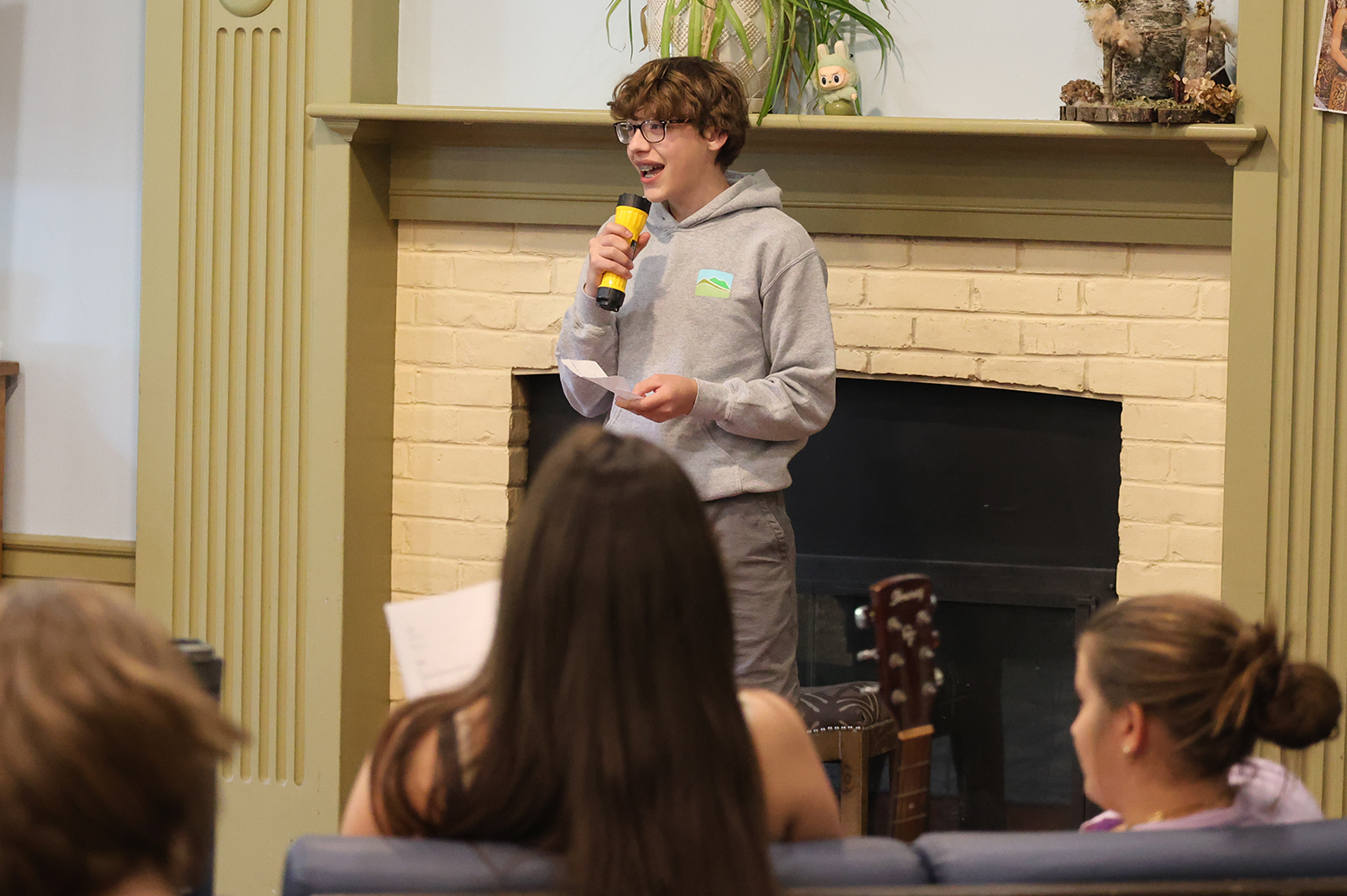
There is a Haitian Creole saying, “Dèyè mòn gen mòn.” which translates roughly as “Beyond mountains, there are mountains.” Today we gather not just to mark an ending, but to witness a profound transformation — a completion of one heroic cycle and the beginning of another.
When Phin first arrived at Mountain Valley, he was answering what Joseph Campbell called “the call to adventure.” But this wasn’t the adventure any of us would have chosen. It was a call born from struggle, from the recognition that the ordinary world — our world of schedules and expectations and well-meaning plans — had become uninhabitable for him. Like all true heroes, he had to leave everything familiar behind to find what he needed most.
In those early days, I’ll admit, I saw this departure through the lens of my own fear. I grieved for dreams I had crafted for him, dreams that perhaps said more about my own longings than his true calling. But heroes’ journeys rarely unfold according to the maps drawn by those who love them from a distance.
What I’ve witnessed over these months is Phin’s passage through what Mountain Valley teaches us are the three sacred phases of transformation. In the Departure, he faced the terrifying truth that his old ways of being were no longer sufficient. He had to shed the armor of perfectionism that had become a prison, release the strategies that once protected him but now isolated him from life itself.
During the Initiation — the trials and revelations that form the heart of every hero’s journey — I watched him discover strengths he never knew he possessed. With the guidance of staff who became wise mentors, and alongside fellow travelers who understood his struggles in ways that even family cannot, he learned to sit with discomfort instead of fleeing from it. He began to see his neurodivergent mind not as a liability, but as a different kind of wisdom. Most remarkably, he started to trust his own capacity for healing.
And now we celebrate the Return — not because the journey is over, but because he has gained something precious to bring back to the world. Phin returns to us transformed, carrying new tools, deeper self-knowledge, and perhaps most importantly, the unshakeable understanding that he can navigate whatever challenges lie ahead.
To the extraordinary staff of Mountain Valley: you have been more than clinicians and counselors. You have been the wise elders every hero needs — those who can see potential when the hero himself cannot, who offer both challenge and sanctuary, who know exactly when to push and when to simply witness. You helped Phin remember that he is both the author and the protagonist of his own story.
To Phin’s fellow residents: you have been his companions on the quest, his band of brothers and sisters who shared the trials and celebrated the victories that only you could truly understand. You have shown him that healing happens in community, that vulnerability is a form of courage, and that we all rise together.
But here’s what I’ve learned about the Hero’s Journey that no book quite captures: it never really ends. Life offers us countless opportunities to answer new calls to adventure, to face fresh trials, to return again and again with deeper wisdom. What changes is not the presence of challenge, but our relationship to it. What transforms is not the absence of struggle, but our capacity to meet it with courage, curiosity, and hope.
Phin, as you prepare to leave this sacred mountain and return to the valley of everyday life, know that you carry within you everything you need. You have proven your bravery. You have demonstrated your commitment to growth. You have shown us all what it means to transform suffering into strength.
The story you have written here at Mountain Valley will become the foundation for every future chapter. And as your father, I am filled with a pride that goes beyond words — not because you have arrived at some imagined destination, but because you have shown the courage to keep traveling, to keep growing, to keep becoming who you were always meant to be.
This ceremony today is not just a celebration — it is a recognition of the sacred work you have done and a blessing for the sacred work that lies ahead. You are ready for whatever comes next, because you now know the deepest truth of the Hero’s Journey: you already contain everything you need to write a life of meaning, connection, and joy.
The adventure continues, and we will be cheering you on every step of the way.
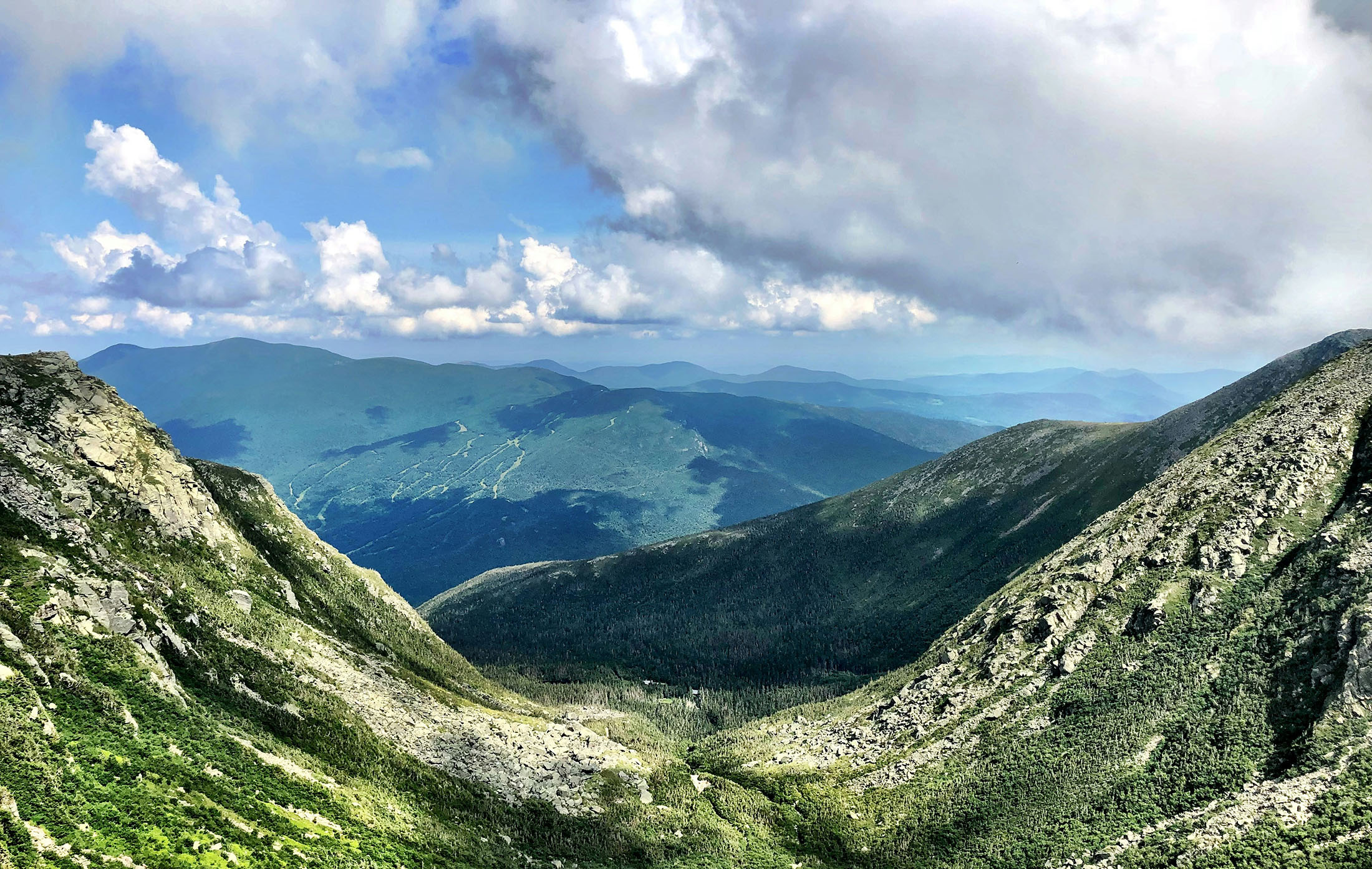
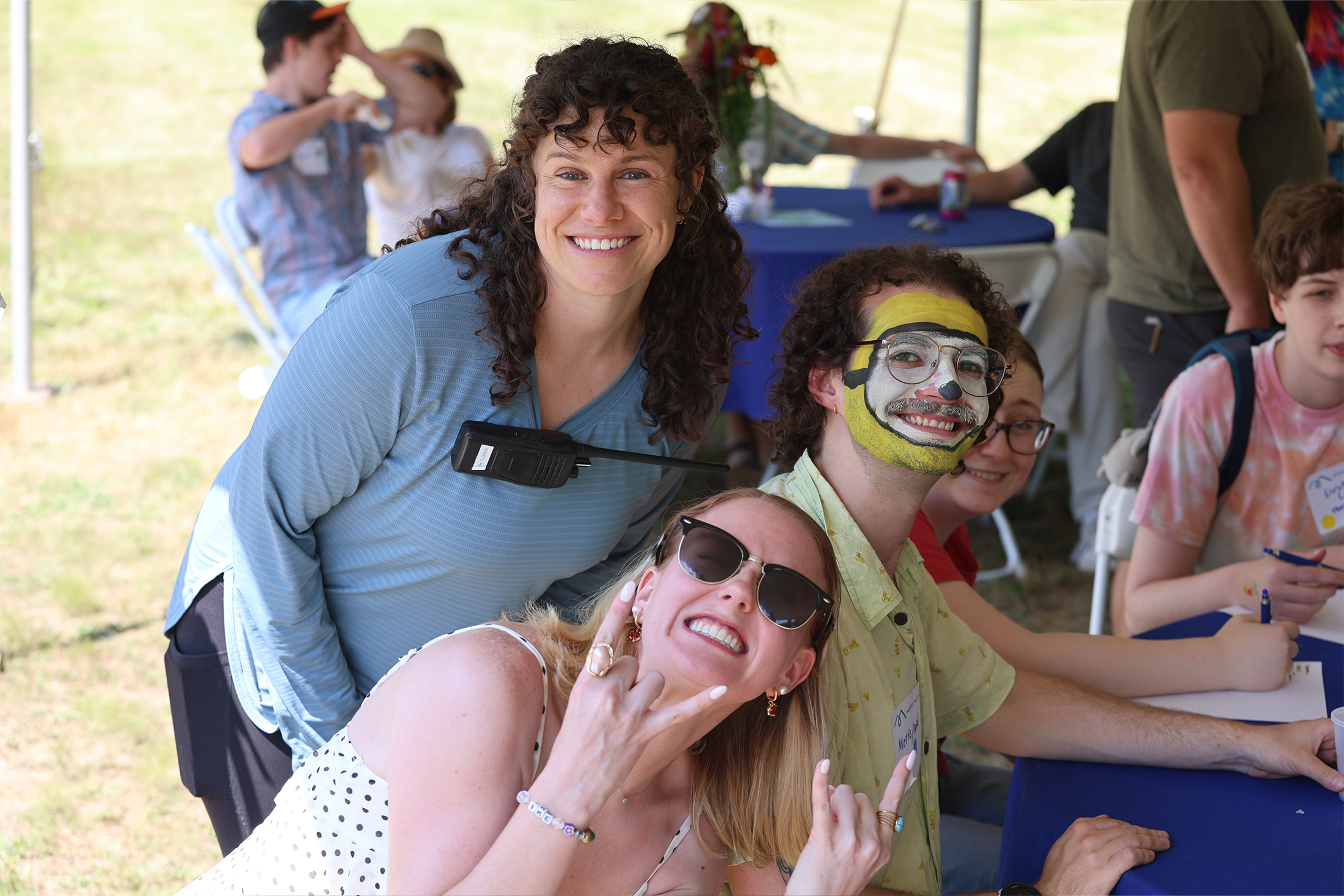
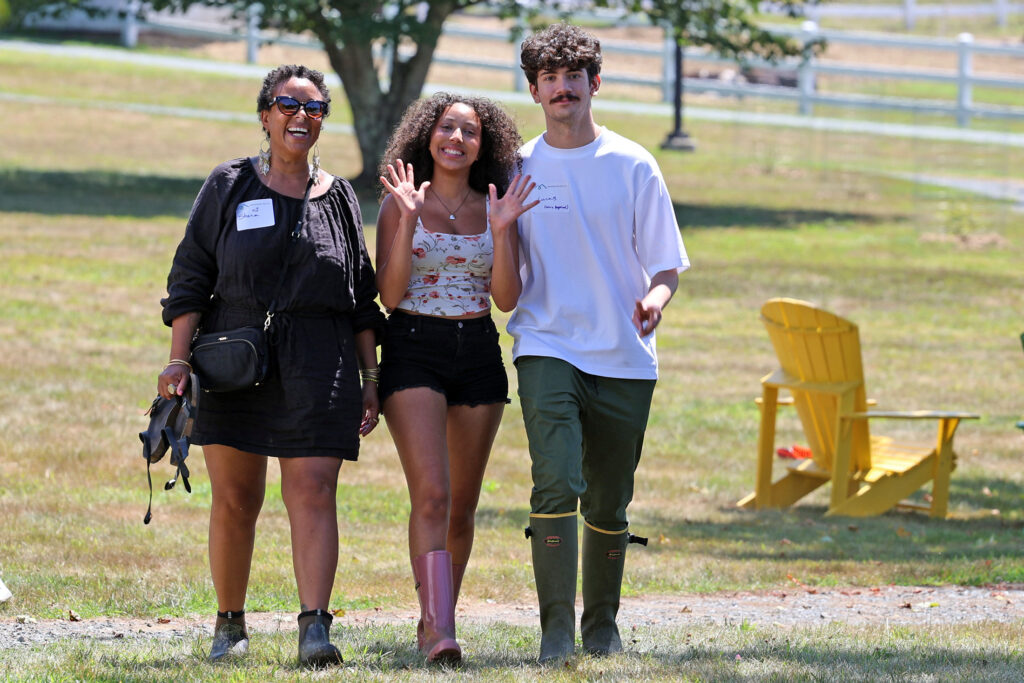
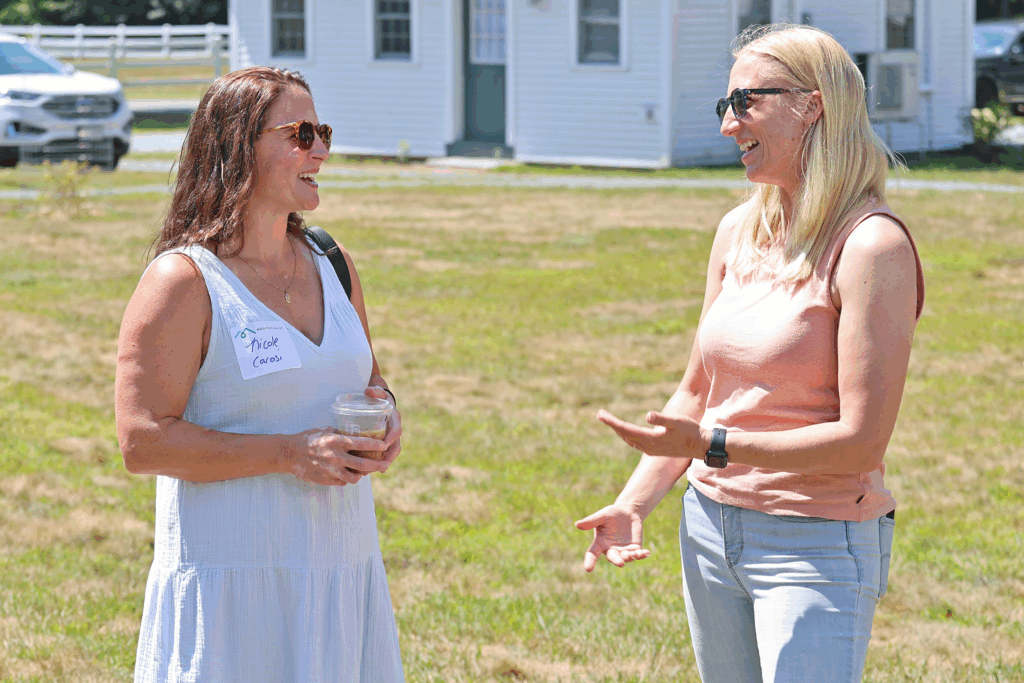
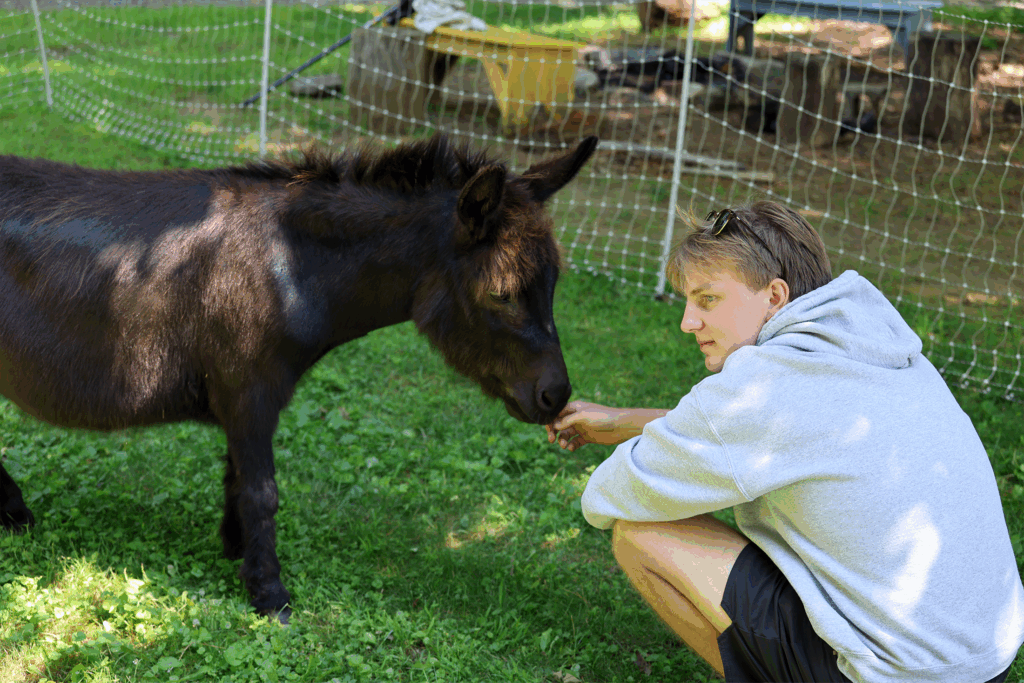
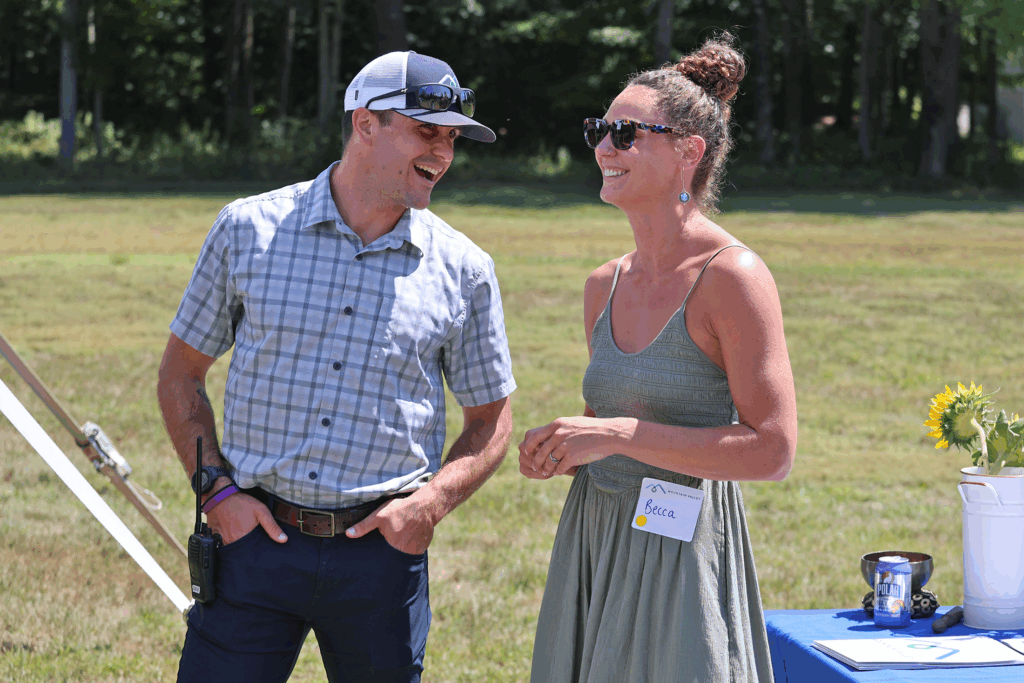
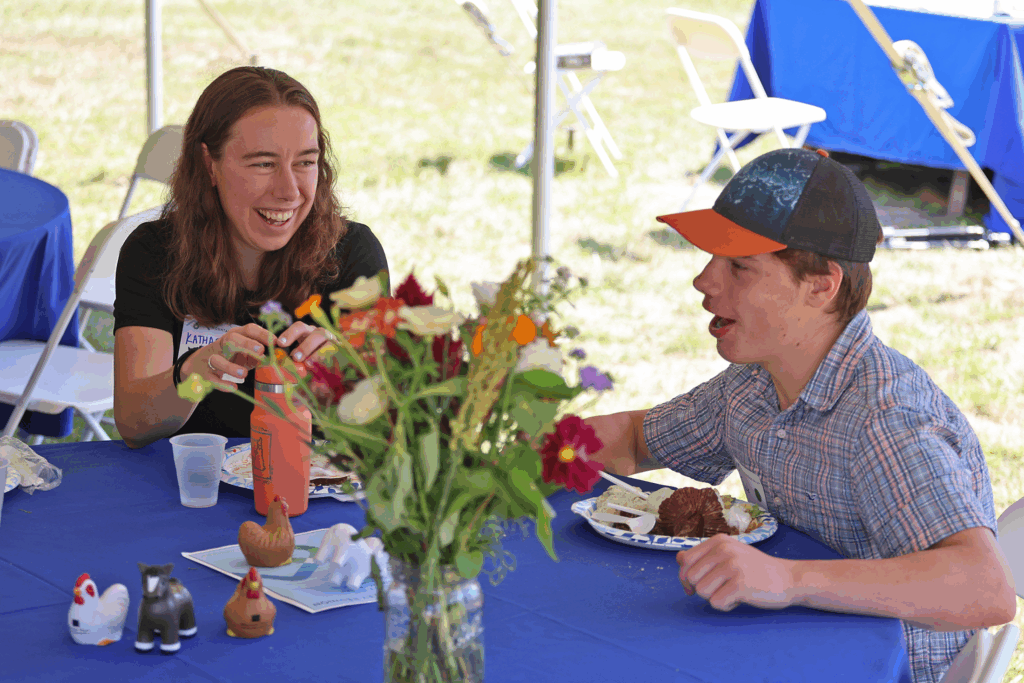
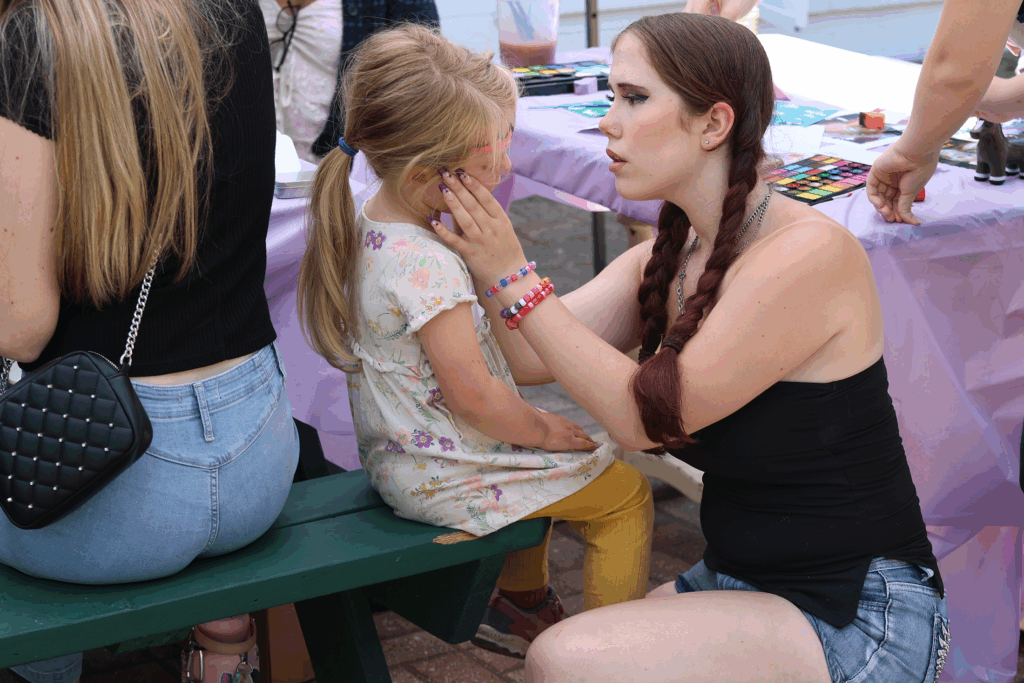
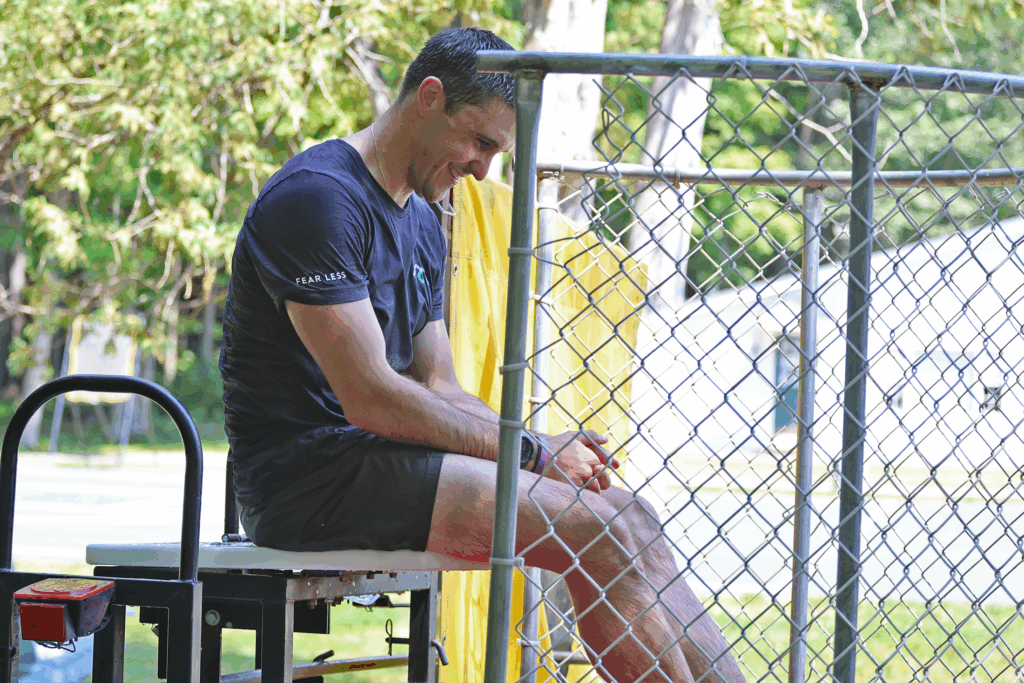
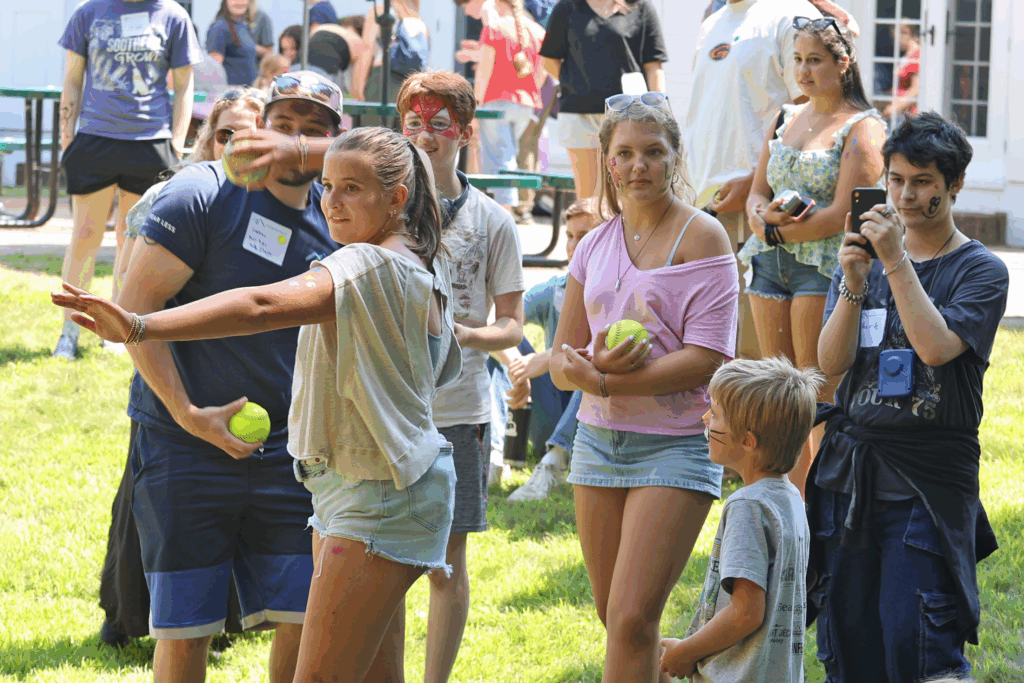
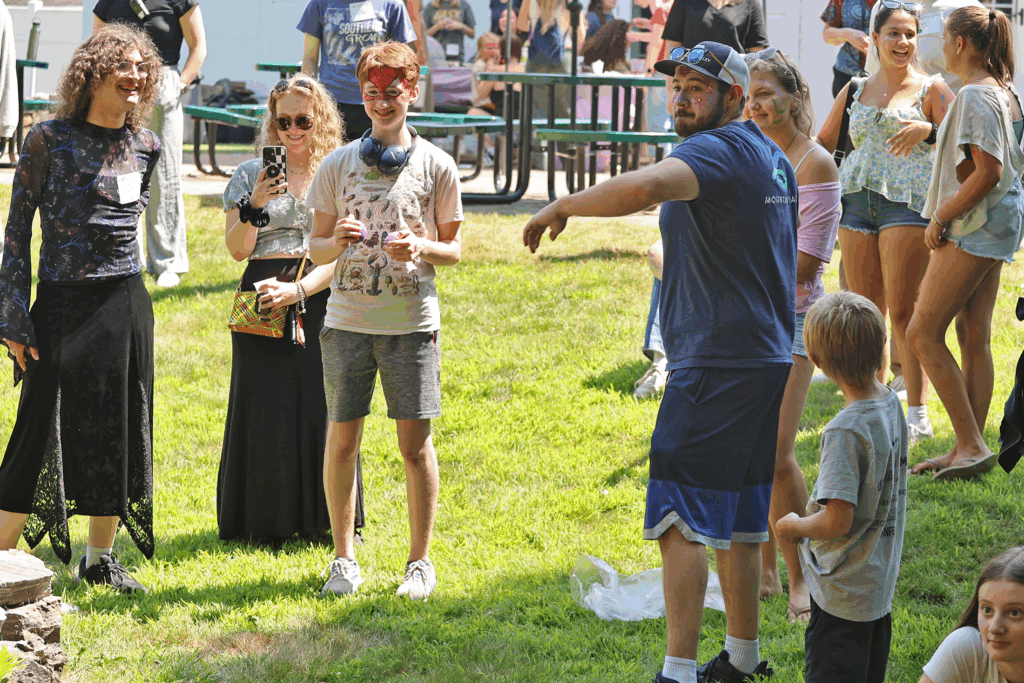
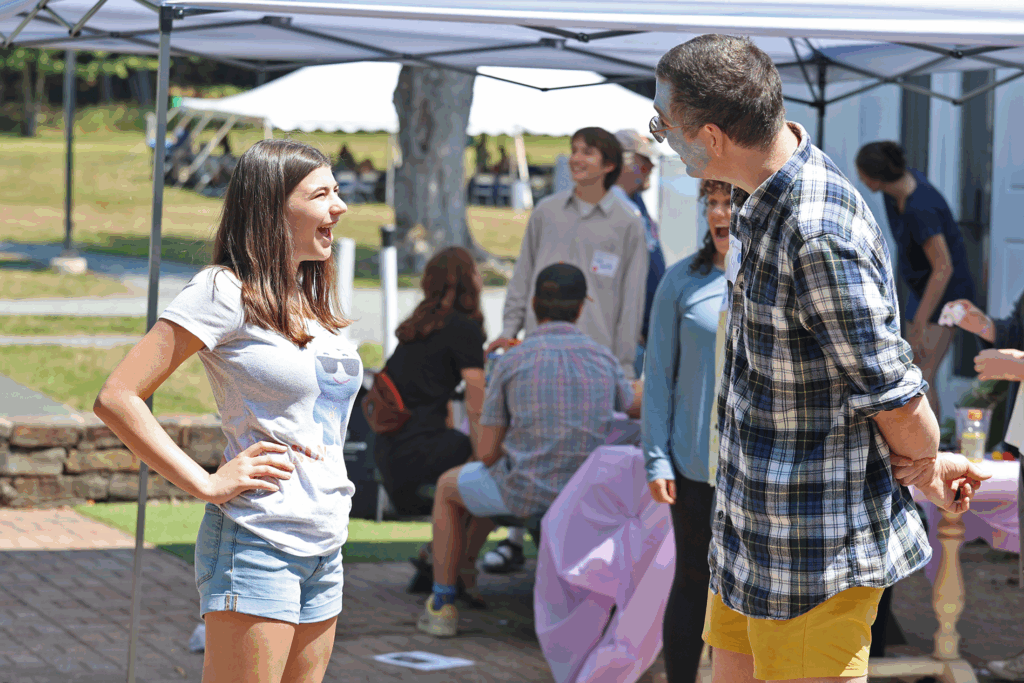
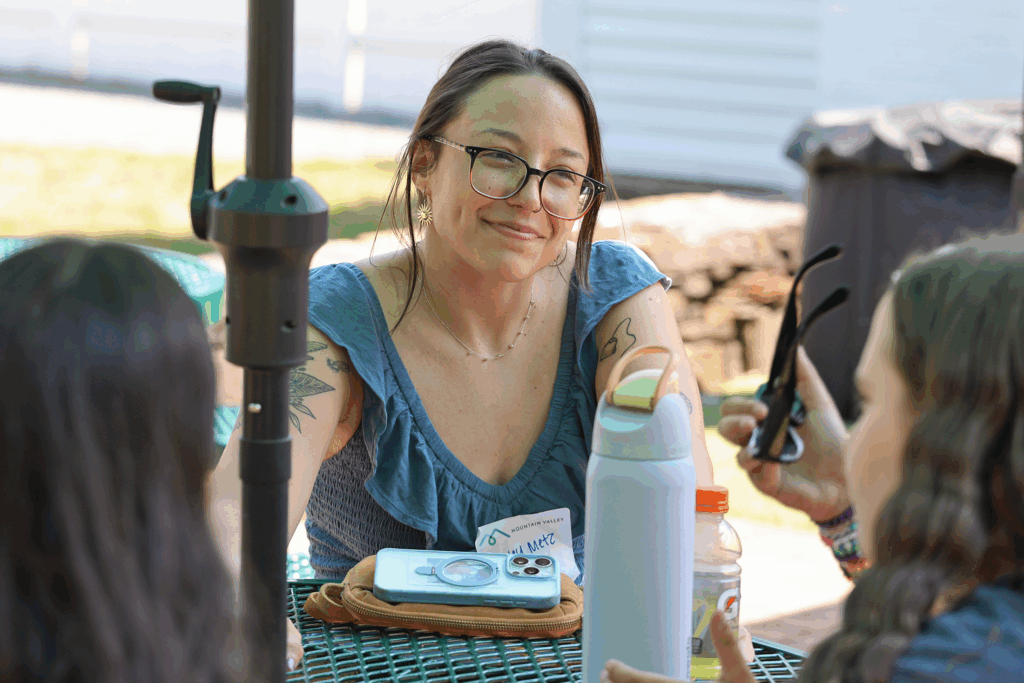
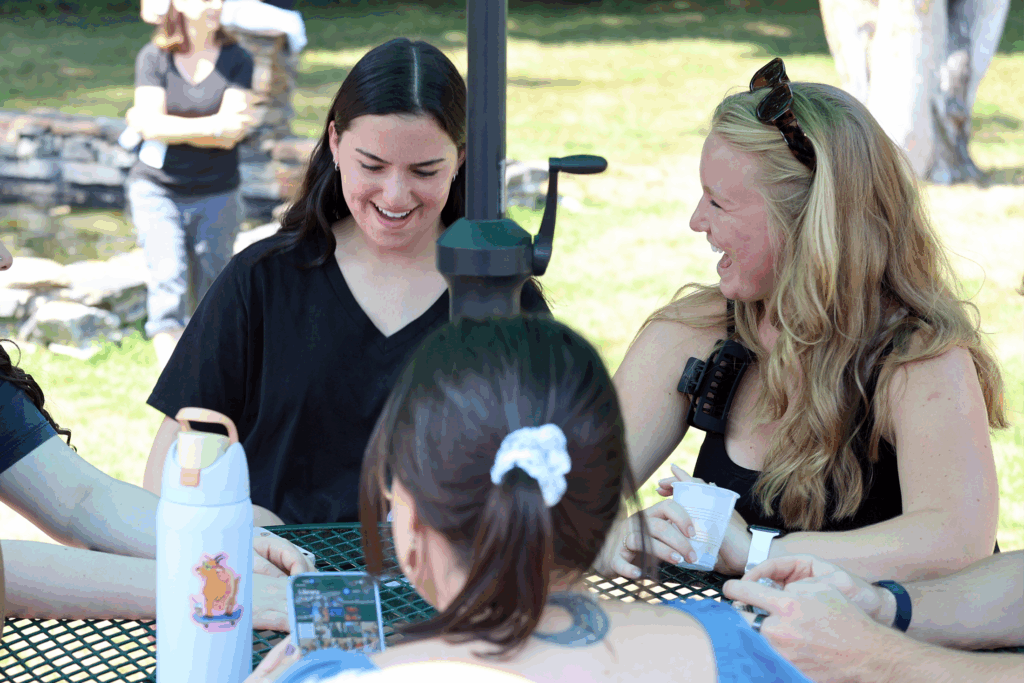
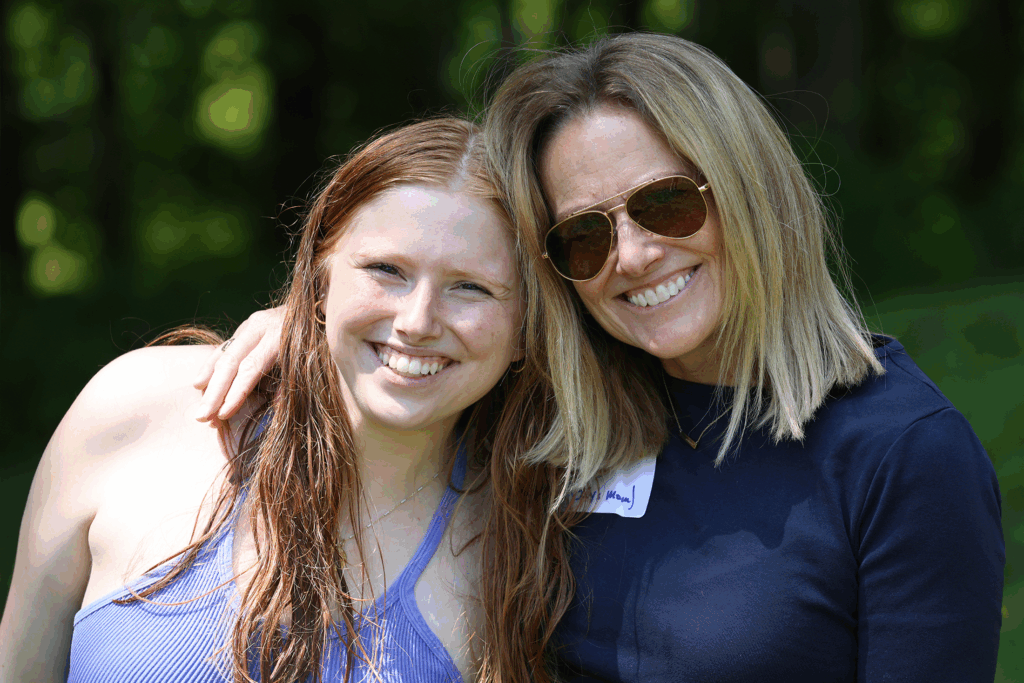
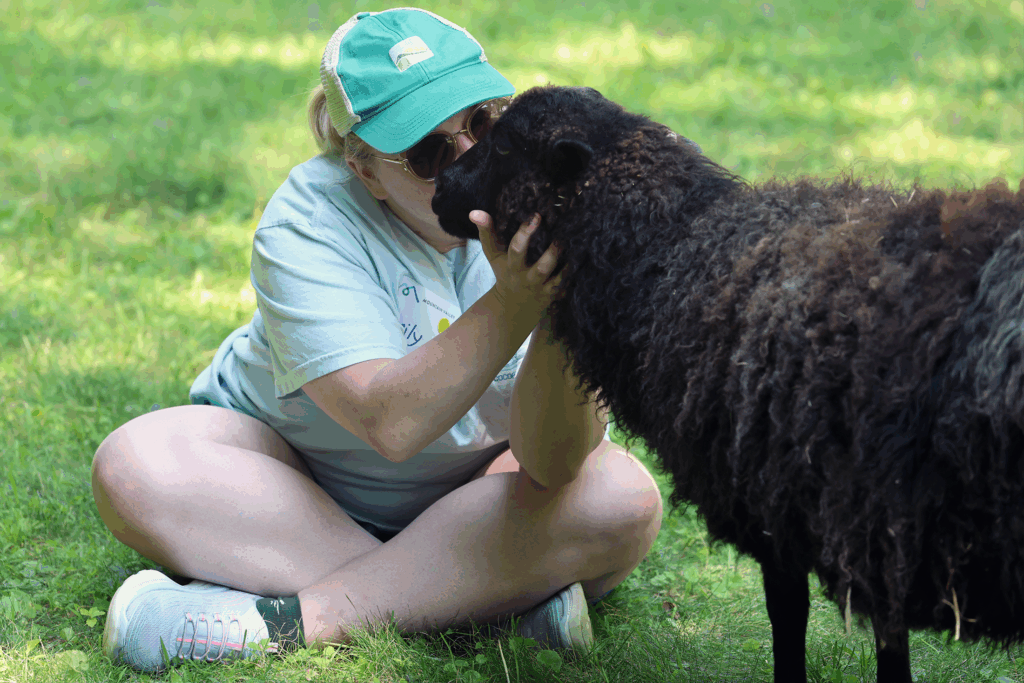
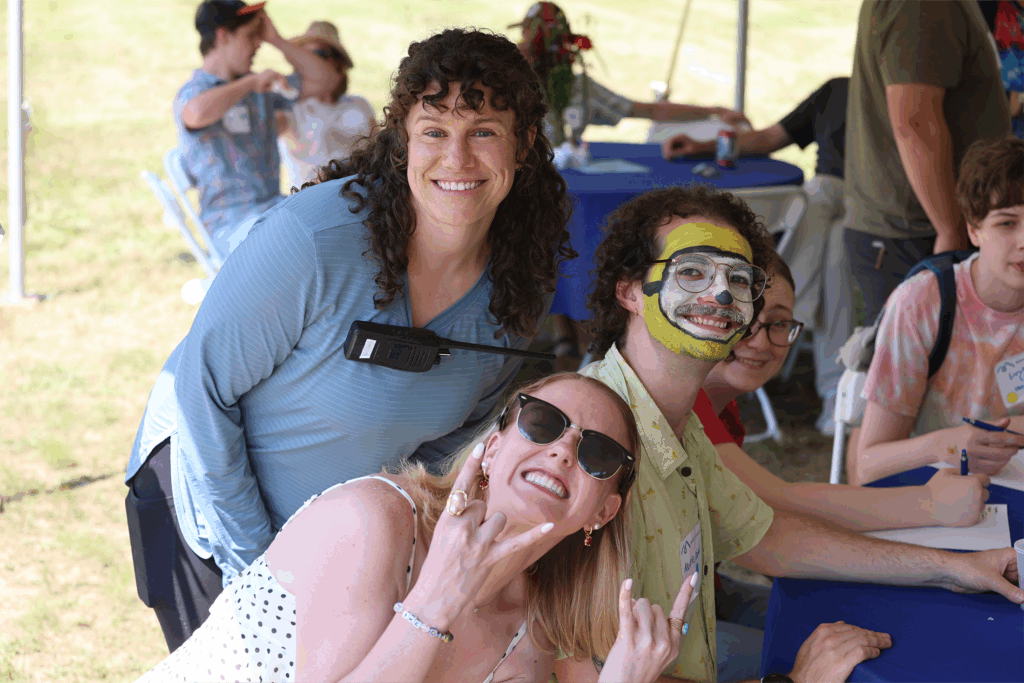
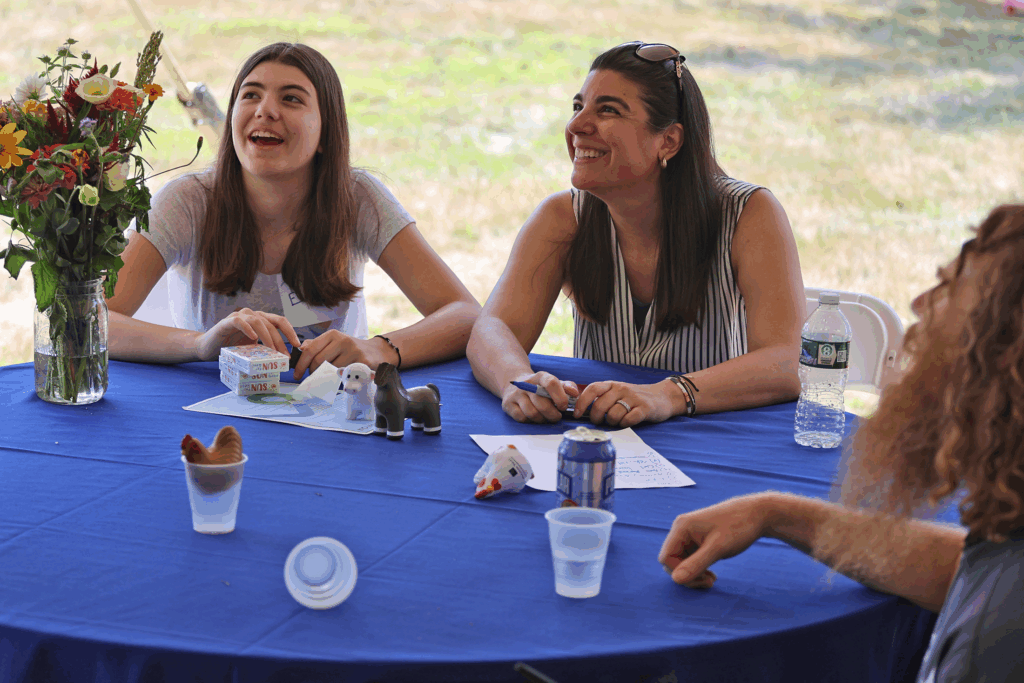
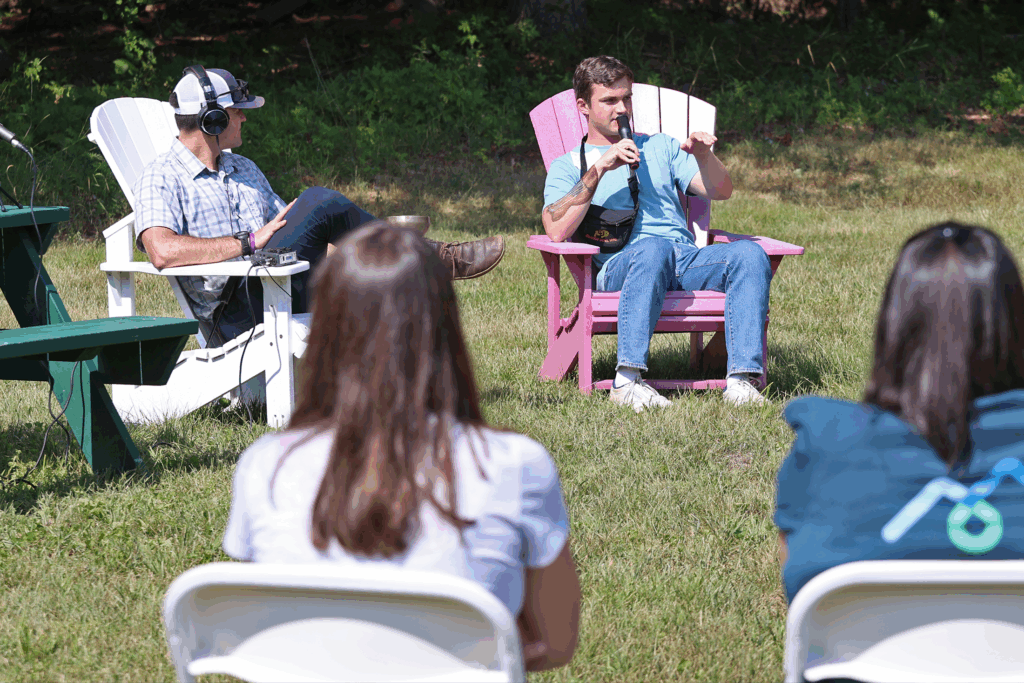
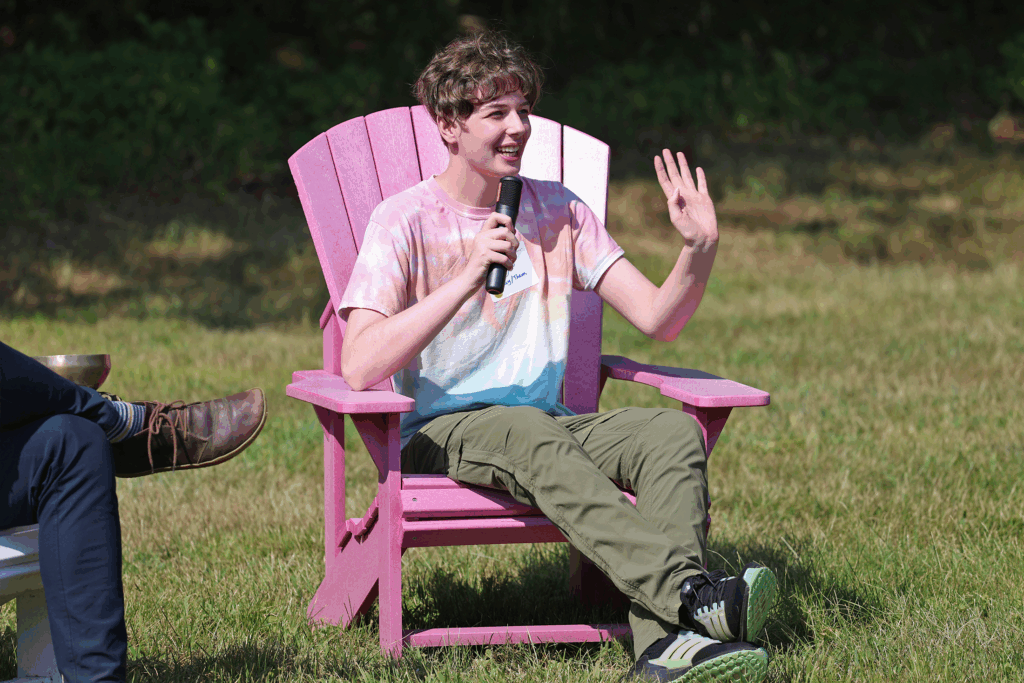
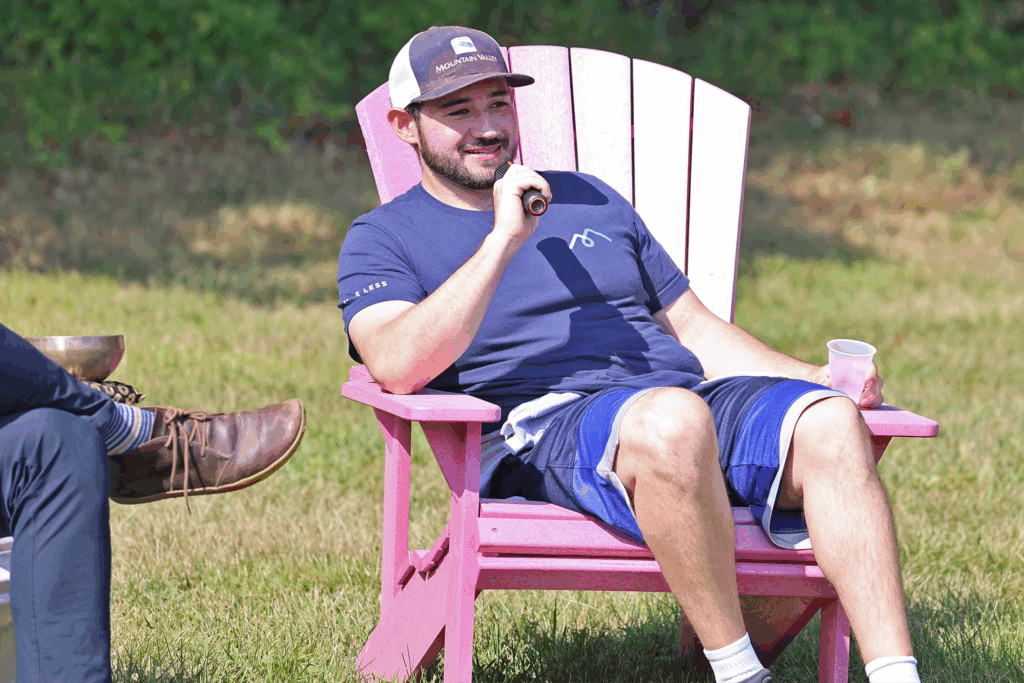
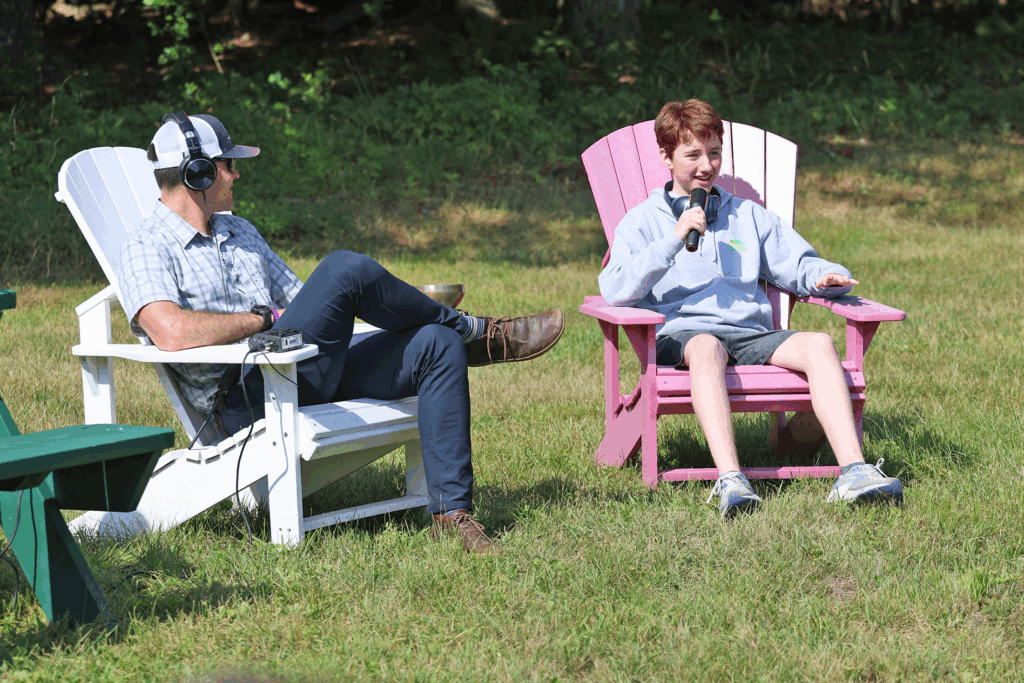
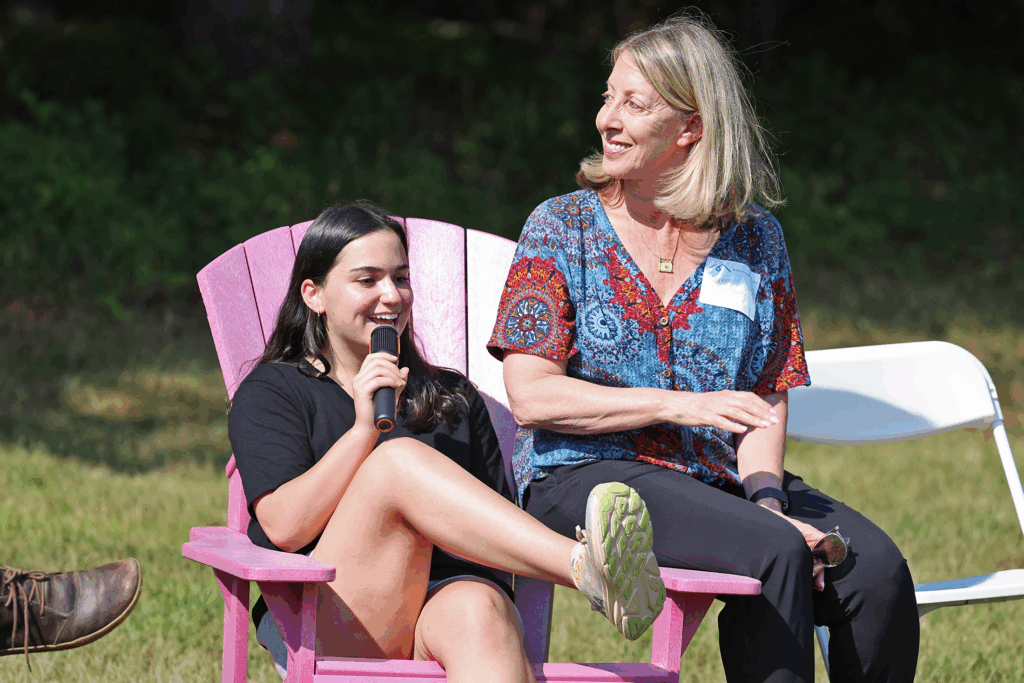
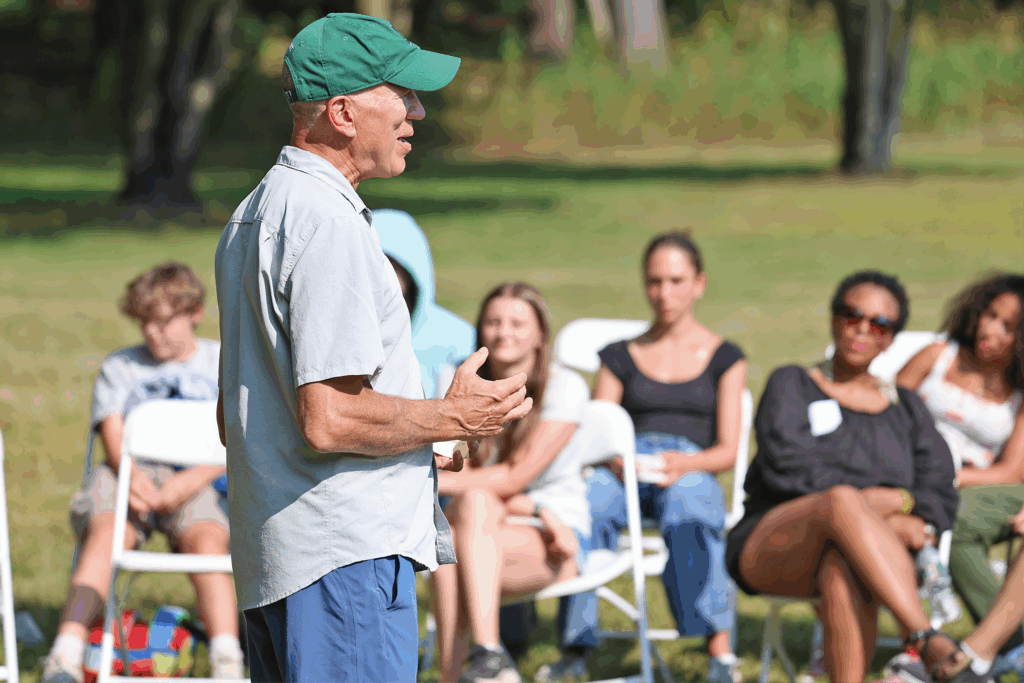
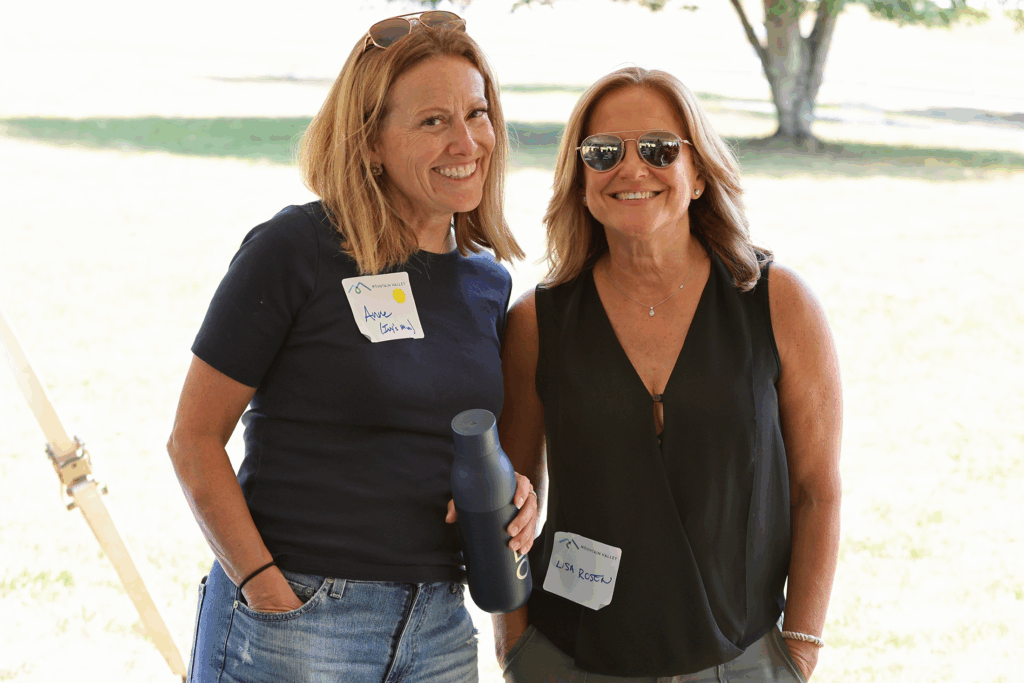
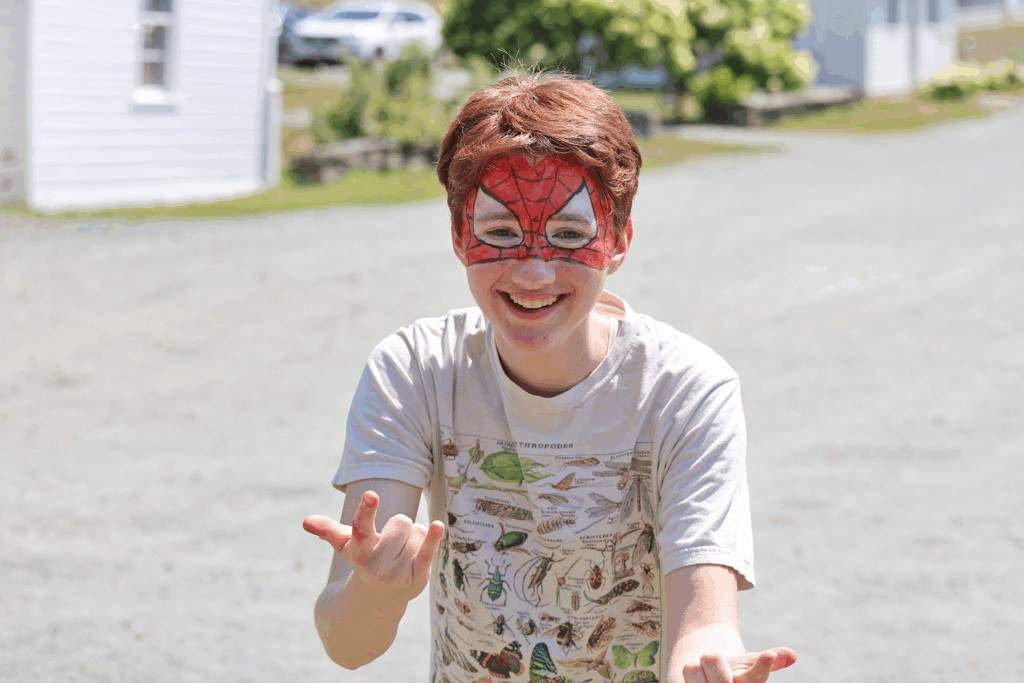
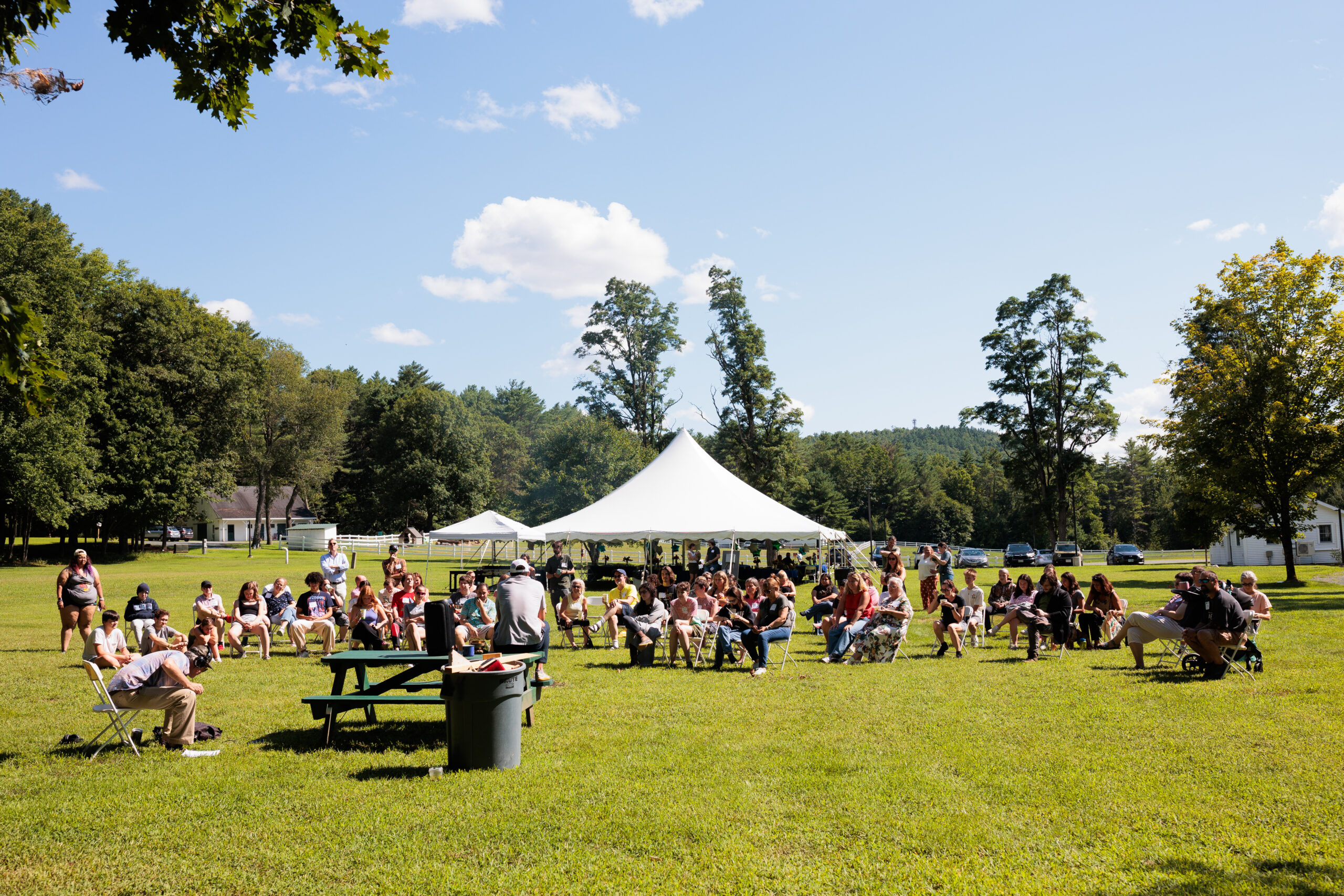
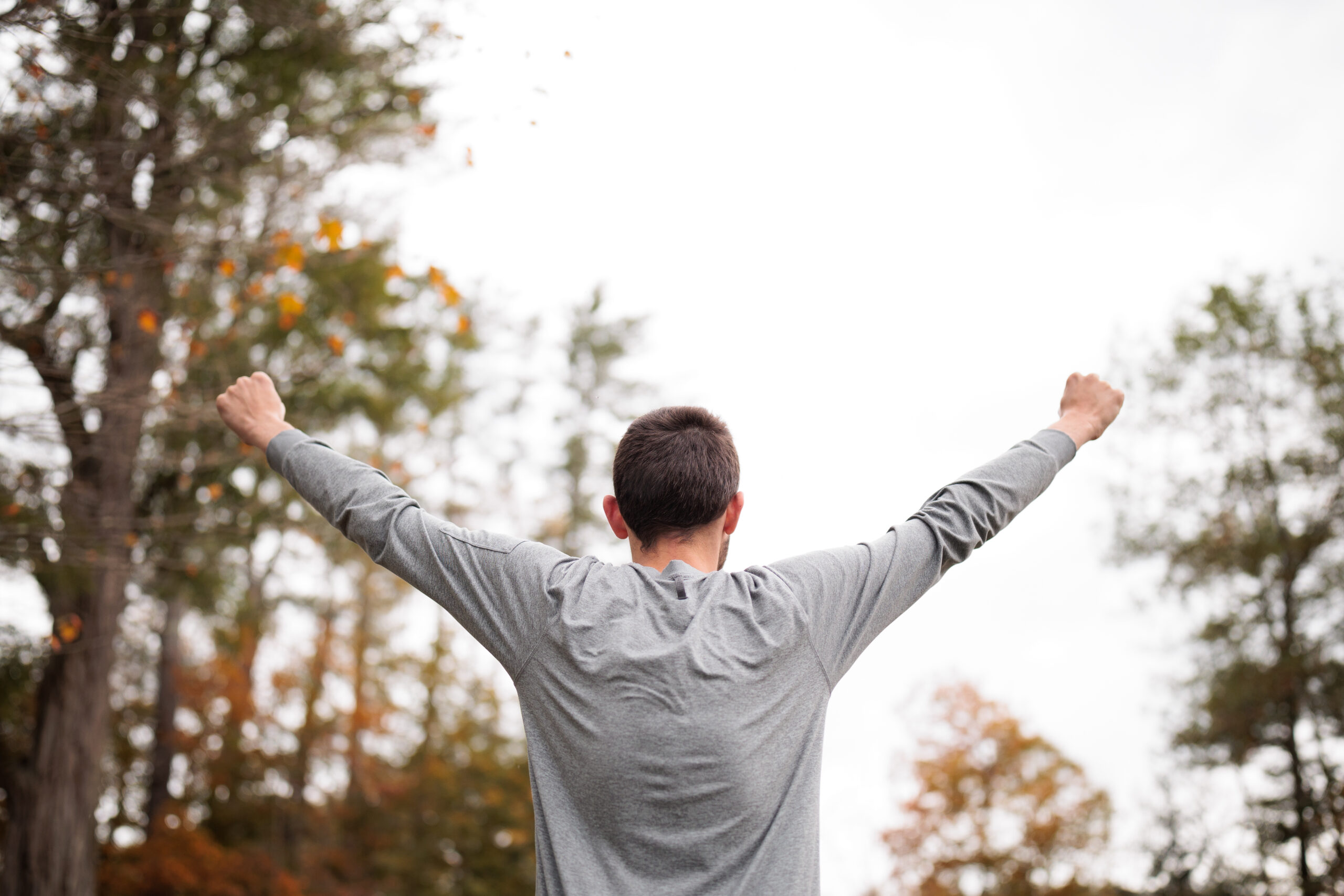
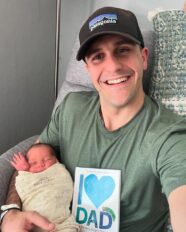 Last week, on the Fear Less Podcast, we released Episode #36: “Fear, Fatherhood, and Transformation: Zack’s Journey to Becoming Dad.” In this episode, I reflected on the biggest life transition I have made to date—becoming a father. In my reflection, I talk about the role fear and anxiety played throughout my journey into fatherhood, and how impactful my fear was in helping me refine who I am and who I wanted to be as a father.
Last week, on the Fear Less Podcast, we released Episode #36: “Fear, Fatherhood, and Transformation: Zack’s Journey to Becoming Dad.” In this episode, I reflected on the biggest life transition I have made to date—becoming a father. In my reflection, I talk about the role fear and anxiety played throughout my journey into fatherhood, and how impactful my fear was in helping me refine who I am and who I wanted to be as a father.